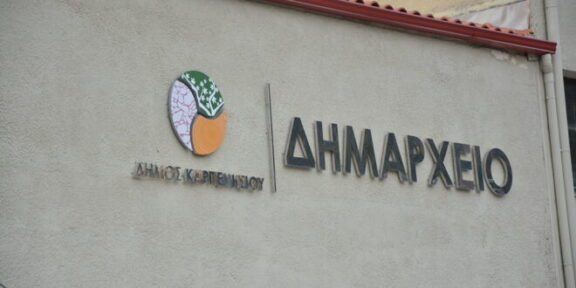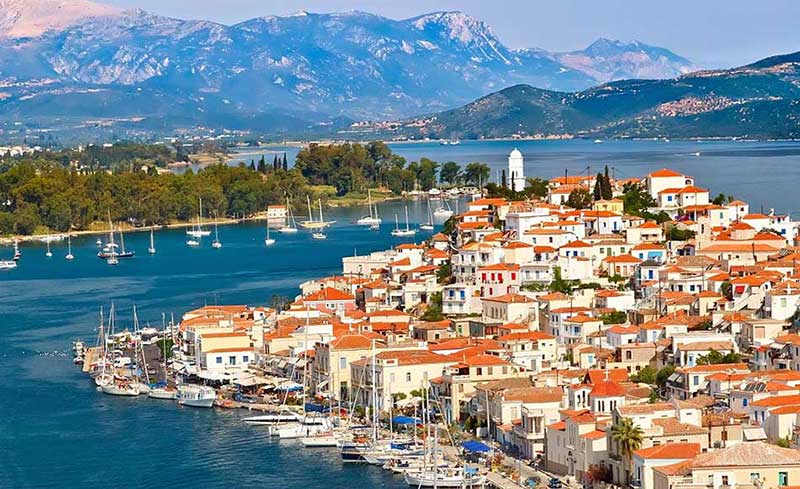Konstantinos Kouskoukis
Professor of Dermatology – Lawyer – President of the Hellenic Academy of Thermal Medicine – President of the World Academy of Chinese and Complementary Medicine
Industrial tourism
The impact of the pandemic has accelerated the use of new emerging technologies with flexible and adaptable supply chains for industry, such as artificial intelligence, machine learning, cybersecurity, robotics and cybernetization, and 5G contactless solutions that serve as a means of boosting productivity and profitability in the context of digital transformation.
The main axis of the development of industrial tourism is, through an informative but also entertaining character, the visitor to be able to follow the historical path of a specific product, to know the traditions related to its production, distribution and consumption as well as and new technologies for interactive display of its entertainment.
New technologies have also fueled the development of new employment opportunities in the advanced manufacturing sector in production processes that may have significant social and environmental costs, such as the cost of cleaning, remediation and decontamination of hazardous waste that may be harmful to workers’ health. , therefore an effort is required to reduce them, by improving efficiency, reducing waste and pollution, by industrial coexistence and elimination of harmful chemicals.
Developed countries have enacted labor and environmental laws for productive activities, and production is subject to pollution regulations and taxes to offset the environmental impact of processing.
Legislation to protect the environment and work of developed countries may not be available in the third world, and tort and consumer protection laws increase production costs. These are significant dynamics in the current production, in recent decades, of industries that relocate their businesses to economies of the developing world where production costs are much lower than in the economies of the developed world.
The manufacturing industry is associated with unique challenges identified by the National Institute for Occupational Safety and Health (NIOSH) and the National Occupational Research Index (NORA) for identifying and providing strategic health and safety consultants at work, such as and the MPS of DUTH for occupational health and safety.
With the creation of the industrial areas (INDUSTRIES) by ETVA, the way was opened for an organized spatial integration of the industrial units and solutions were given to the problem of bureaucratic obstacles for the establishment of new industries with incentives and grants, but unfortunately they ended up in trunks. industrial facilities.
“Industry 40” and “smart manufacturing” aim to increase the productivity of factories and enhance their competitiveness in international markets, while strengthening the integration into the network of both connected robotic machines and the platform of innovative Industrial IoT applications and Augmented Reality. Through these applications, it is possible to monitor the production and introduce preventive maintenance procedures, but also remote technical guidance for faults or maintenance, and this integrated production automation ecosystem, allows to increase production at a lower cost.
5G technology will be the future of industrial parks as it has almost zero latency and very high capacity and data transfer speed and will benefit the production process with innovative solutions that lead to faster digital transformation, enhance their competitiveness and consequently growth. of the Greek economy with the potential of 4G / 5G mobile broadband technologies. Today, admittedly, the existing industries can not serve the dynamic development of industry, so we will need to follow what other countries apply successfully to win the bet.
Therefore, a national planning is required so that some industries. to play a leading role in cluster industries in areas such as green development, RES, to partner with academic institutions to set up research laboratories, to have a framework for cooperation with other countries such as twinning and joint actions by creating marketing, sales and investment services funds through PPPs and the Recovery Fund, to


















